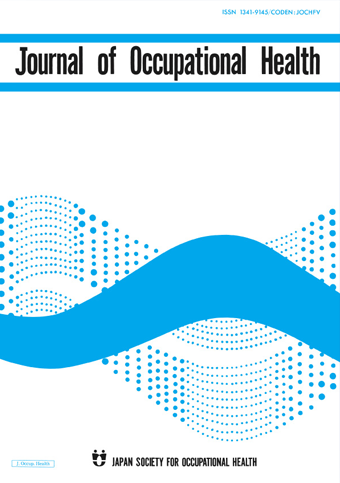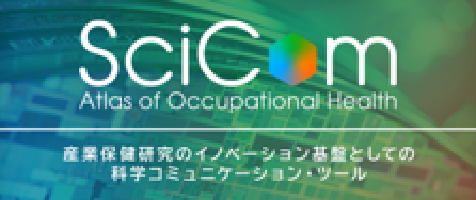How Problem Solving Decreases Instances of Mental-Disorder-Related Sick Leaves
The coronavirus pandemic has taught us two important lessons: that mental exhaustion is real and that specific measures need to be undertaken to counter or mitigate its effects on our biological systems. A few remarkable examples include corporate employees moving away from toxic work environments to maintain their overall sanity.
Toxic work cultures produce many undesirable consequences—from employees quitting their full-time jobs to working professionals taking medications for blood pressure, cardiovascular issues, or even type 2 diabetes. Therefore, promoting mental wellness at work is critical.
Researchers from the Teikyo University Graduate School of Public Health, Japan, recently designed a novel experiment. They identified a manufacturing company in Japan that had a traditional corporate hierarchy and introduced meaningful occupational health interventions—steps undertaken to prevent or treat job-related injuries and illnesses. More specifically, the researchers identified mental disorders as the recurring reason behind employee sick leaves and devised a novel strategy to combat it.
To this end, the researchers studied several cause-and-effect relationships by focusing on the engineering department of the manufacturing company. To facilitate this further, they conducted a scientific literature review by considering the exact context. During the study, the researchers identified unprofessional or outdated corporate practices as the primary triggers that resulted into an unusually high number of mental-disorder-related sick leaves.
Next, the team collaborated with the occupational safety personnel and outlined a plan of action. Accordingly, they identified “problem solving” as an effective approach and decided to implement it.
After the successful implementation of this novel approach, the researchers noticed a decrease in the overall instances of mental-disorder-related sick leaves; although results from the engineering department were slightly inconclusive.
In summary, this study demonstrates that a problem-solving approach may be effective in preventing sick leaves resulting from work-related mental disorders. Building the right occupational health infrastructure can pave the way for employee wellness.
Link to the original journal article:
https://www.jstage.jst.go.jp/article/eohp/3/1/3_2021-0002-FS/_article/
Development and application of a problem-solving approach to prevent sick leave owing to mental disorders in a manufacturing company
You Hwi Song, Eiji Yano
Here are some ways you can make it easier for your plain-language summary to be discovered once it has been published:
- Upload the summary on your personal, lab/research group, or university website.
- Share the published content with peers and colleagues through your personal social media accounts (Facebook, Twitter, Blogs, and LinkedIn). Link this back to the journal’s social media promotions for your paper.
- Include the link to the published post in your email signature line.
News & Announcement
-
Mar 14, 2025EOH-P has been listed on PMC/PubMed!The articles published in EOH-P have been registered with PMC/PubMed, the U.S. Nation...
-
Jun 11, 2021Lay Summary page open!Lay Summary page provides you article summaries in order of study categories. You can...
-
Oct 1, 2019EOH-P is now released!The Environmental and Occupational Health Practice (EOH-P) has been released. Please ...
Journal Info
Average 46.14 days from submission to first decision
Average 120.95 days from submission to acceptance







